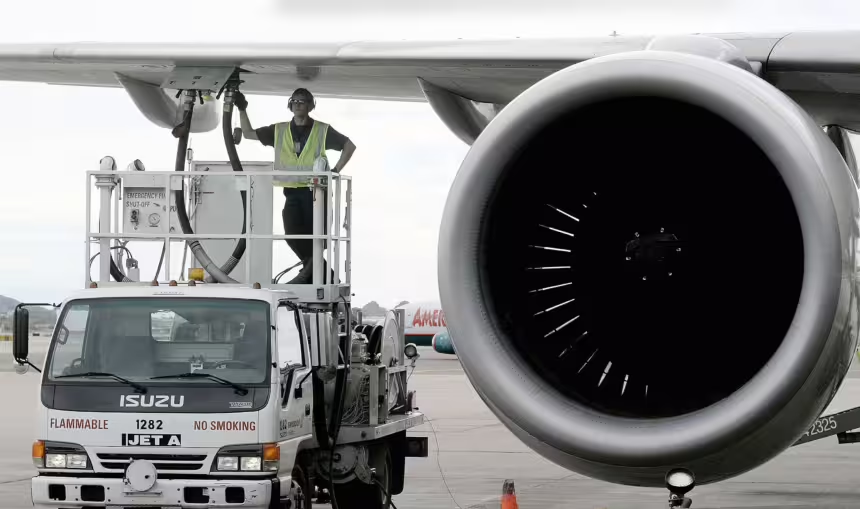Economic efficiency and sustainability, as well as environmental protection, have become a priority in the development of the aviation industry. Airlines have begun to use advanced aircraft models which require reduced operating costs and also leave a lower carbon footprint. Examples include the Boeing 737 MAX and Airbus A320neo models. Their fuel efficiency is consistent with the improved version and allows airlines to develop globally and remain competitive in the market.
Importance of Fuel Efficiency for the Aviation Industry
The aviation industry reduces its annual costs through fuel efficiency. Global market prices often fluctuate and affect airline profits. This is becoming more noticeable because approximately 30% of the operating costs are spent on fuel. Thus, the innovation of economical aircraft models significantly curtails costs, reduces airlines’ dependence on fluctuating market conditions and ensures financial stability. The International Air Transport Association (IATA) has also confirmed this fact.
The aviation industry is responsible for 2-3% of global carbon footprint. Undoubtedly, this has a devastating influence on climate change and demands consideration of solutions to the problem. For this reason, the use of more economical new aircraft models can lead to less pollution. This will not only support international sustainable aviation development but also provide an opportunity for passengers to travel more ecologically.

Examples of Upgraded Economical Aircraft Models
The first example of a leading model of an aircraft is the Boeing 737 MAX. Compared to its previous series 737NG, the Boeing 737 MAX has CFM International LEAP-1B class engines and improved wings’ construction. This model saves approximately 14% of the fuel and $112,000 per year for the airline. All this happens in the classic conditions of using the aircraft on regular flights.
Another example, which uses advanced technologies and consequently reduces costs compared to other models is the Airbus A320neo. This economical model demonstrates more than 15% improved fuel efficiency through its Pratt & Whitney PW1100G engines and aerodynamic wings of the sharklets type. With the Airbus A320neo operating on a regular basis, the airline saves up to 500,000 gallons of fuel each year.
Airline Leaders in Fleet Modernization
Companies need to upgrade their fleets to successfully implement economical models as replacements for obsolete and less efficient aircraft. At the moment, Delta Air Lines, Ryanair and American Airlines achieved the most significant goals in fleet modernization. Delta Air Lines has committed to maintaining one of its newest fleets in the United States, having contracts for more than 200 Airbus A321neo models. As the largest European budget carrier, Ryanair has invested in supporting the Boeing 737 MAX. The airline’s goal was to make its fleet to become 100% economical by 2025. These aspects have helped airlines to become leaders in the field of sustainable aviation, increase operational savings and reduce carbon emissions, further improving environmental performance.

Further Prospects
Technological development takes the aviation industry to a new level. The use of different models of economical aircraft will soon lead to low or even zero carbon emissions. Fuel efficiency contributes to sustainable development and the future of aviation, as well as laying the foundation for an environmentally friendly industry.
Do you think fuel-efficient aircraft will replace regular planes? Let us know your opinion below in the comments.










This is such an insightful post—thank you for sharing!
Thank you for your kind words. I am happy you liked this article.